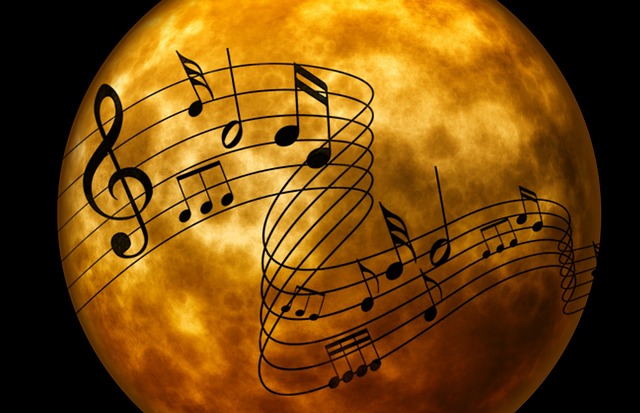What is music therapy?
Everybody enjoys music whether it be classical, jazz or pop but how can it be used as therapy?
Music can be a powerful tool to overcome people’s disabilities, mental illness and trauma by enabling non-verbal communication, facilitating interaction, confidence and self esteem, and stimulate movement.
Music has the ability to aid communication , expression, resonate feelings, by exciting or calming, create a sense of joyfulness and poignancy all of which, when music is used as a therapy, can positively influence people both physically and psychologically.
Music has an affect on multiple conditions some of which are mentioned below.
- Depression – bringing on a more positive state of mind helping to relief stress and anxiety
- Autism – helping children with social skills
- Promote movement especially in conditions such as Parkinson’s and in the elderly through rhythm and dance.
- Relax patients resulting in the of easing muscle tension and encouraging calmness.
- A fast beat causes stimulation of the brain waves encourage increased concentration.
- A slower beat instigates a calm mental state.
- As a result of music influencing mental state, breathing and heart rate can also be altered.
Research has shown music therapy to be beneficial for both psychological and physical symptoms. A selection of articles have been included for further information.
Music therapy is provided by professional music therapists registered by the HCPC who work in social care , private practice, multi-disciplinary teams in health.
References and further information:
Gallagher LM, Lagman R, Rybicki L (2017) Outcomes of Music Therapy Interventions on Symptom Management in Palliative Medicine Patients. Pubmed. www.ncbi.nlm.nih.gov/pubmed/28274132
Xu B, Sui Y, Zhu C, Yang X, Zhou J, Li L, Ren L, Wang X (2017) Musical Intervention on cognitive dysfunction in healthy older adults: a systemic review and meta-analysis. Pubmed. www.ncbi.nlm.nih.gov/pubmed/28275872
Zhang Y, Cai J, An L, Hui F, Ren T, Ma H, Zhao Q. (2017). Does Music Therapy enhance behavioral and cognitive function in elderly dementia patients ? a systemic review and meta-analysis. Pubmed. www.ncbi.nlm.nih.gov/pubmed/28025173
LaGasse AB (2017) Social outcomes in children with autism spectrum disorder: a review of music therapy outcomes. Pubmed. www.ncbi.nlm.nih.gov/pubmed/28260959
Miek J. de Dreu, Gert Kwakkel, Erwin E H Van Wegen (2015) . Partnered Dancing to improve mobility for people with Parkinon’s Disease. Pubmed. www.ncbi.nlm.nih.gov/pmc/articles/PMC4675848/









